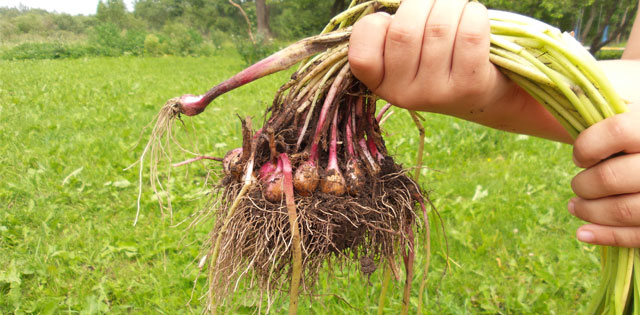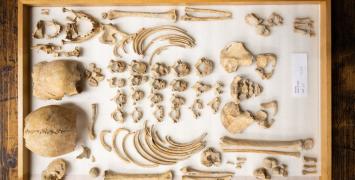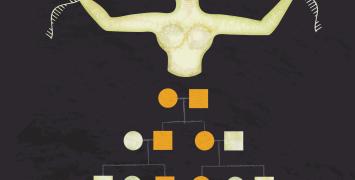Nature and humanity: a revival of the fittest?
ERC grantee Renata Sõukand is exploring to what extent local ecological practices concerning the use of plants, among selected ethnic minorities in Eastern Europe, have declined due to the centralization imposed by dominant practices through the impacts on natural resources, health, economies and the well-being of local communities.
Understanding the logic of obtaining, managing and perceiving local natural resources, particularly plants, is crucial for ensuring the sustainability of human life, as the use of plants is a key to survival, according to the project.
Specifically, the research is delving into the repercussions of changes in ethnobotanical knowledge, nurtured by traditional societies and ethnic minority groups, when a majority or dominant group acts in a way that unifies or erodes local ecological practices. These practices include the use of plants for food, healing and ethnoveterinary medicine. Furthermore, the project evaluates what happens when the policy or centralised approach is suddenly no longer in use.
The understanding and knowledge gained through the project could serve as a means for developing educational tools to achieve the sustainable maintenance and use of local plant resources to support the health and wellbeing of people.

© Renata Sõukand
Path to revival…
The research and field work led by the Ca' Foscari University of Venice is particularly interested in the ‘path to revival’ of discontinued traditional ethnobotanical knowledge.
Four case studies are being developed based on investigations of several compact yet divided ethnic minorities living in parts of the Setu (between Estonia and Russia) and the Dzūkija regions (Lithuania/Belarus/Poland), North Karelia (Finland/Russia) and Bukovina (Ukraine/Romania). These traditional groups have been subjected to various influences affecting their plant use as well as very different social conditions.
Renata Sõukand and her team are keen to learn the effects of these influences on a local populations’ use of plant resources, as well as the different social conditions, including on their well-being and the economy.
Longer term, the scientists want to use the findings to predict the extent and depth of the changes occurring in ethnobotanical knowledge, and to offer best practices for safeguarding biodiversity, local know-how and the sustainable use of natural resources in a way that supports the health and well-being of different populations.
Renata Sõukand is an Associate Professor at the Ca’ Foscari University in Venice, Italy. Originated from Estonia, she has diverse scientific background combining pharmacy, life sciences, humanities and social sciences. Currently she is executing ERC Starting Grant on the local ecological practice of small ethnic groups living in Eastern Europe and at different points of history divided by state borders.






